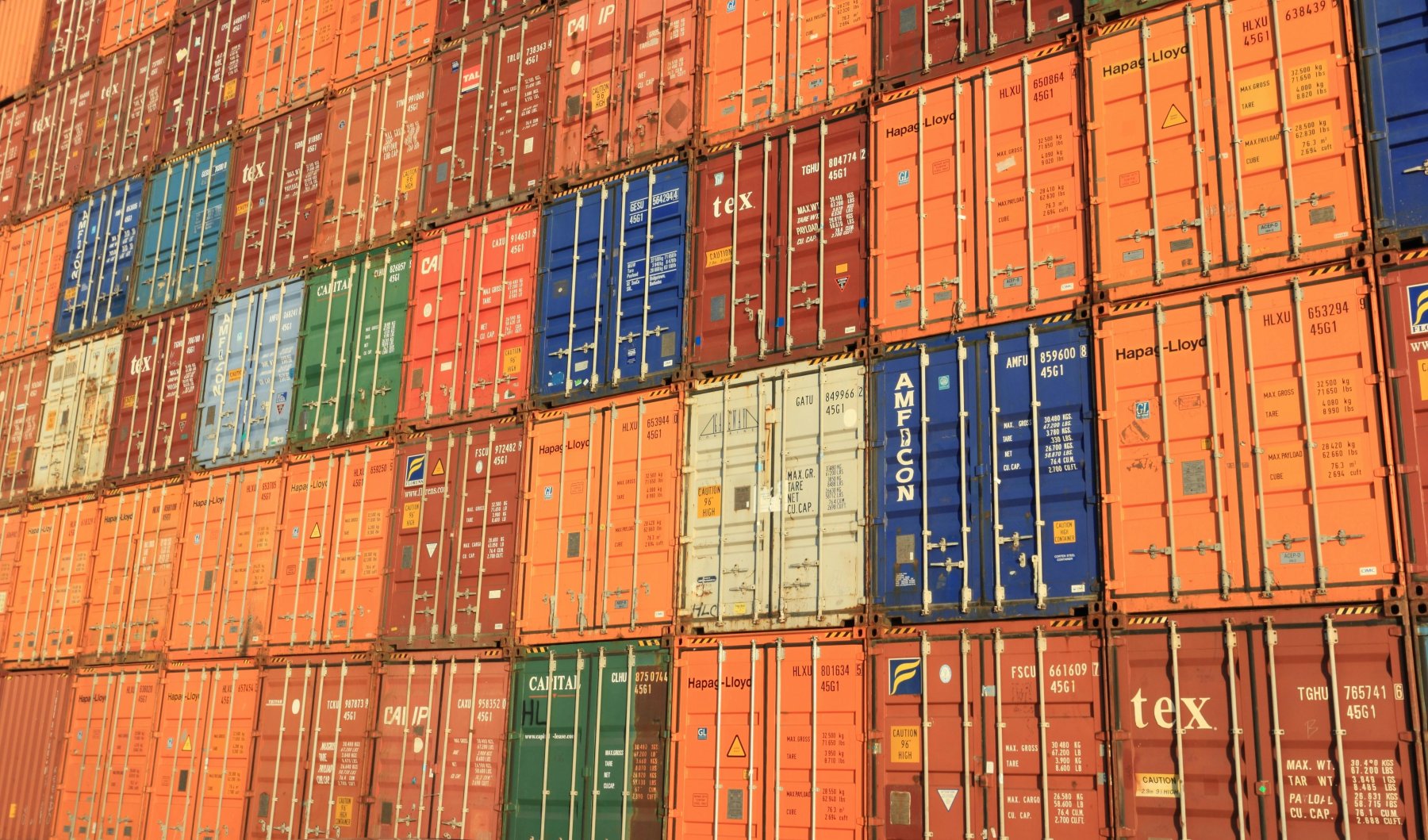The cost of supply chain snafus vary depending on the scale of the operations and the nature of the goods involved - but estimates of at least $50 billion being wiped out by cargo loss and other issues are often cited, and the true figure is likely even higher.
The solution is to amp up the accuracy and convenience of tracking items while in transit, and this is exactly what modern technological breakthroughs make possible.
We’re not talking about a single step forward, but rather an amalgamation of several different yet overlapping advances which are worth shouting about - so here’s a rundown of what all stakeholders need to know to appreciate the state of play today.
Elevating Cargo Management with SaaS Solutions
Software-as-a-Service (SaaS) products have revolutionized how logistic companies manage cargo tracking. These solutions facilitate unmatched accuracy and efficiency.
A standout feature is their scalability, allowing businesses of all sizes to leverage advanced logistics technology affordably.
- Real-Time Tracking: Platforms like Searates offer real-time visibility into cargo locations. This not only boosts operational reliability but also enhances customer satisfaction by providing precise delivery updates.
- Predictive Analytics: Tools can use AI to predict transit times and potential delays by analyzing historical data and current trends. This forward-looking logistics approach minimizes disruptions in the supply chain.
- Integration Capabilities: Many SaaS products can seamlessly integrate with existing enterprise systems, creating a cohesive tracking environment. For example, ERP software ensures that financial and shipping data are synchronized without manual intervention.
All this underpins the advantages of SaaS and illustrates why the market is worth almost $200 billion at the moment, with further growth predicted.
Also, since it's possible to enhance app performance with real-time monitoring, ensuring that every stakeholder has access to timely and reliable information when SaaS tools are set up for tracking cargo is less of a challenge.
In short, the right suite of sophisticated tools can track, forecast, analyze, and adapt to the dynamic world of global trade services, all of which makes them indispensable. And by offloading the responsibility of running and monitoring mission-critical apps to the cloud, logistics operators can make serious savings.
Simplifying Identity Across Logistics Networks
In the complex web of modern logistics, managing user identities across various systems and platforms can be daunting. The adoption of the System for Cross-Domain Identity Management (SCIM) protocol is transforming this landscape by standardizing identity profiles in a cohesive and secure manner.
Here’s how:
- Unified Profiles: SCIM helps in creating unified identity profiles that can be used across multiple platforms without needing to duplicate information. This reduces errors and simplifies the management process.
- Automated User Provisioning: By using the SCIM protocol, companies can automate the provisioning and deprovisioning processes, ensuring that access rights are up-to-date with employee status changes. This automation significantly enhances security.
- Enhanced Compliance: With stricter compliance demands regarding data protection and privacy, SCIM aids businesses in maintaining rigorous standards through consistent and controlled identity management practices.
Identity and Access Management (IAM) is a priority for businesses of all types because of the potential for breaches to originate from lax measures in this area - with research suggesting that only 24% of organizations have fully committed to solutions providing this.
With the SCIM protocol it’s possible to not only streamline operations but also deflect potential security threats - making it easier to justify implementation.
In essence, integrating SCIM within logistic operations fosters a much-needed environment of efficiency and safety - both of which are crucial in handling the intricate elements of global supply chains.
Securing the Supply Chain with the Blockchain
Blockchain technology is fast becoming an essential component in enhancing transparency and security within logistics. By providing a decentralized ledger for recording transactions with immutability and traceability, it offers profound benefits for cargo tracking.
This is achieved by the following facets:
- Immutable Records: Each transaction recorded on the blockchain creates an unalterable audit trail. This feature is crucial for dispute resolution and reducing fraud within supply chains.
- Enhanced Transparency: With blockchain, every stakeholder - from suppliers to customers - can track the journey of goods in real-time. This visibility helps build trust and streamlines operations by minimizing discrepancies.
- Smart Contracts: These are self-executing contracts with the terms directly written into code. In logistics, smart contracts automatically execute agreements like payment releases upon delivery confirmation, thus speeding up operations and reducing manual intervention.
According to a recent survey by Deloitte, 80% of global organizations reported that they see blockchain technology as a means to open up new revenue streams. This underscores the growing recognition of blockchain's role in fortifying supply chain integrity and efficiency, as well as its fiscal viability.
Harnessing IoT for Unmatched Cargo Intelligence
The deployment of Internet of Things (IoT) technology in the logistics industry marks a pivotal shift toward smarter, more proactive cargo tracking. IoT devices collect and transmit data from every corner of the globe, enabling operational efficiencies previously deemed unattainable. Here’s what it covers:
- Condition Monitoring: IoT sensors track conditions like temperature, humidity, and shock during cargo transit. This is especially crucial for sensitive shipments such as pharmaceuticals or perishable goods.
- Geolocation Services: Utilizing GPS technology, IoT devices provide precise location tracking of cargo. This function is vital for optimizing routes and predicting delivery times more accurately.
- Asset Management: Equipping containers and pallets with RFID tags lets companies gain real-time insights into asset utilization rates and inventory levels, leading to better resource management.
The IoT market is already sizable, with estimates pegging its value at almost $1.4 trillion this year. And while it’s the automotive sector that makes up the lion’s share of adoption, cargo tracking and the broader logistics scene is also helping to drive the 12.57% annual growth rate.
Final Thoughts
From software in the cloud to IoT devices onboard with real-world payloads, cargo tracking accuracy is being bolstered from all sides - and so it’s the right time for businesses to rethink how they approach this if they haven’t already.
To fall short here is simply unacceptable if you aim to attract and retain customers and clients while also reducing costs and operational complexity.

